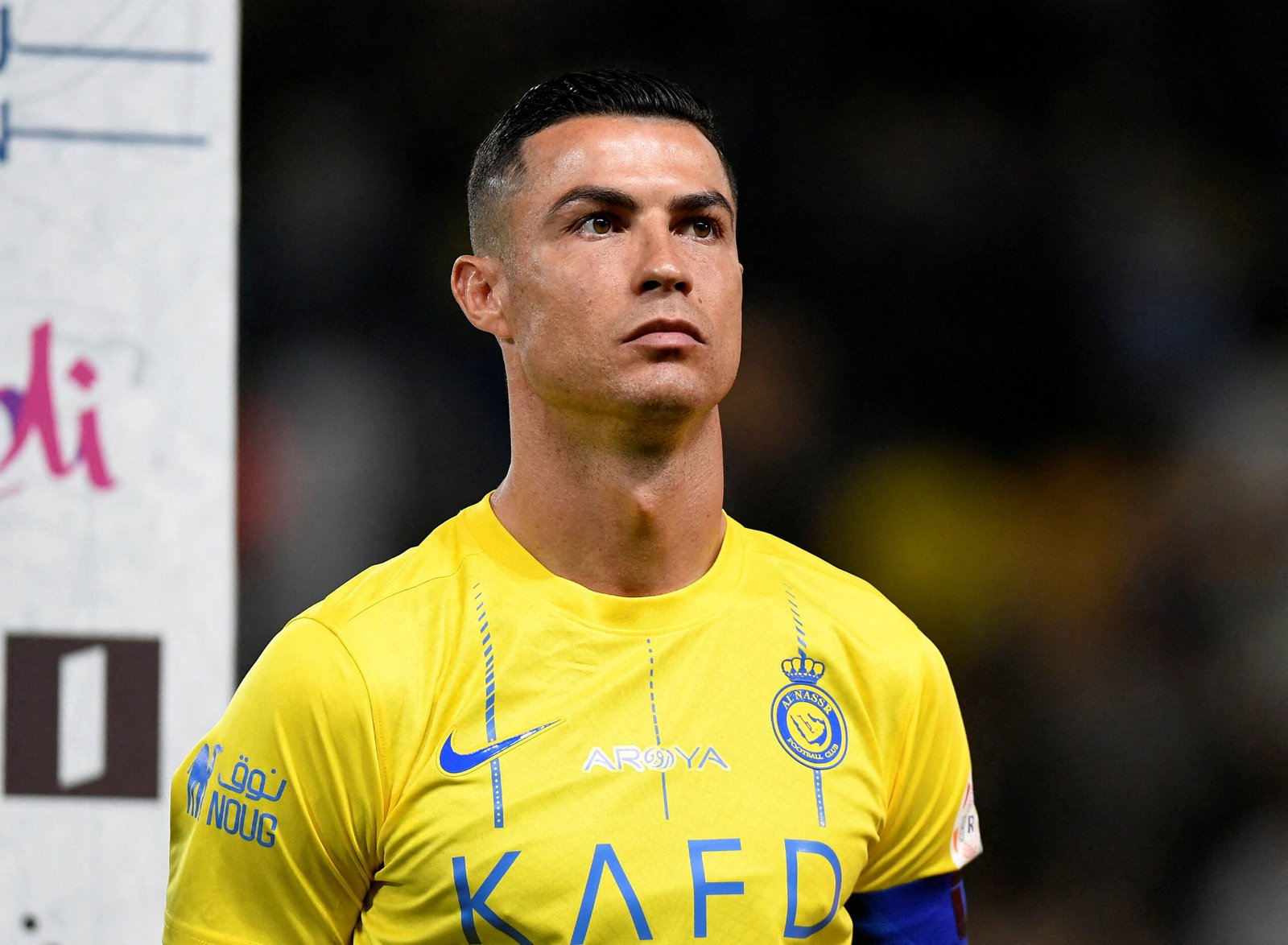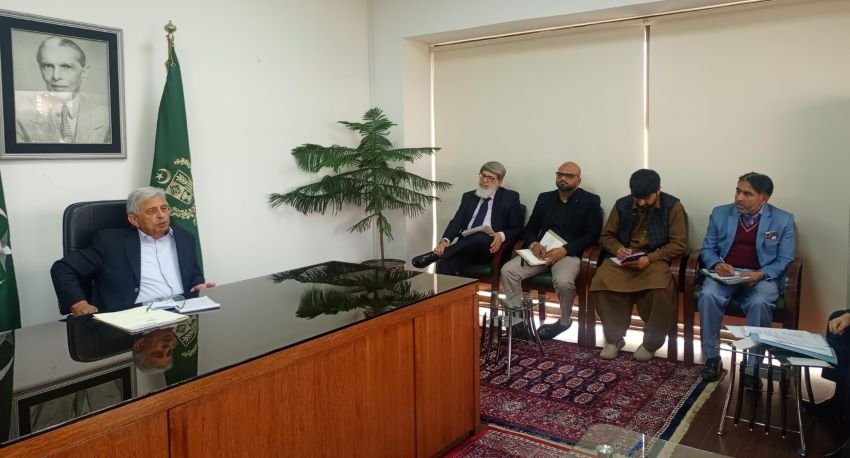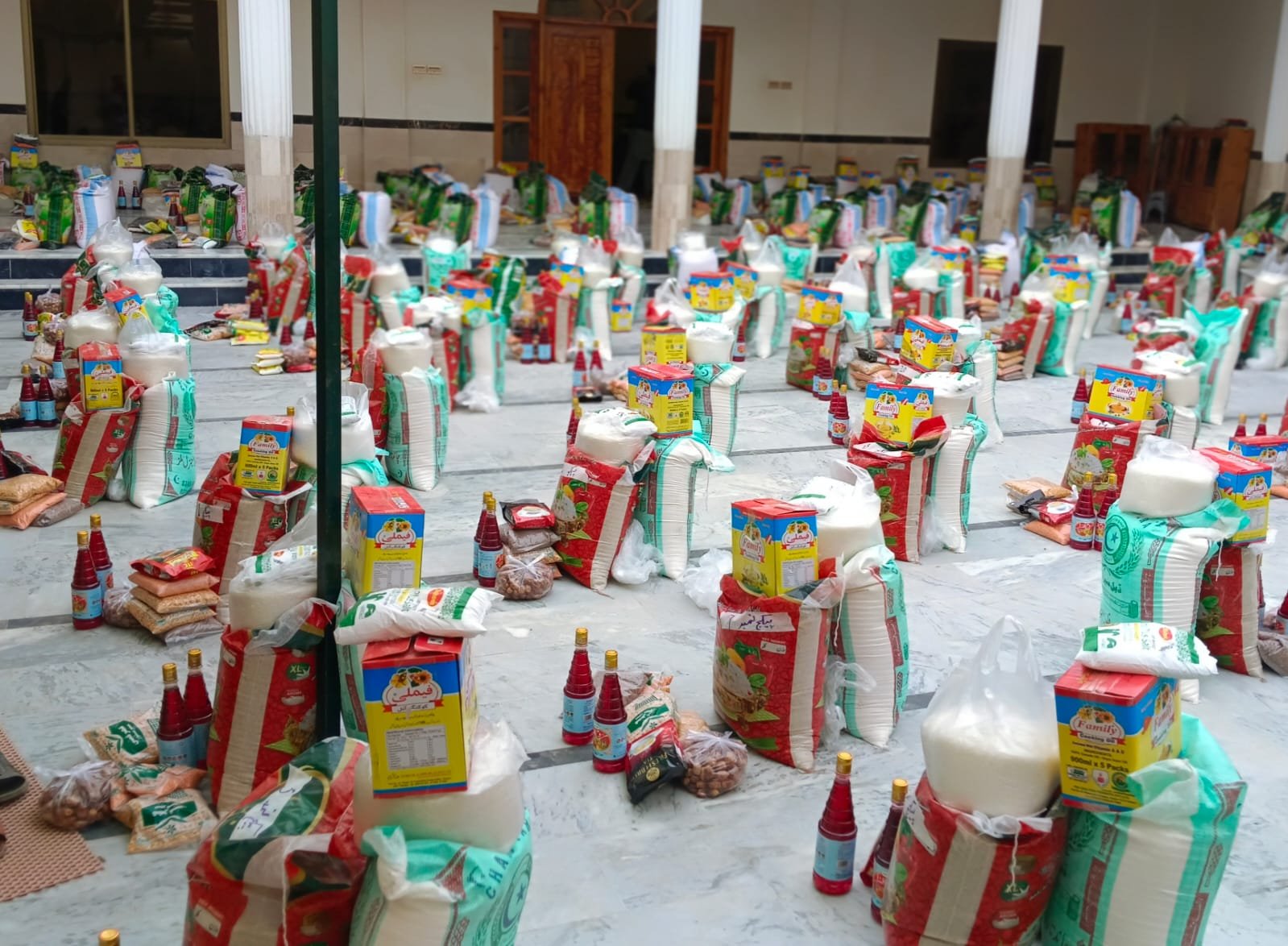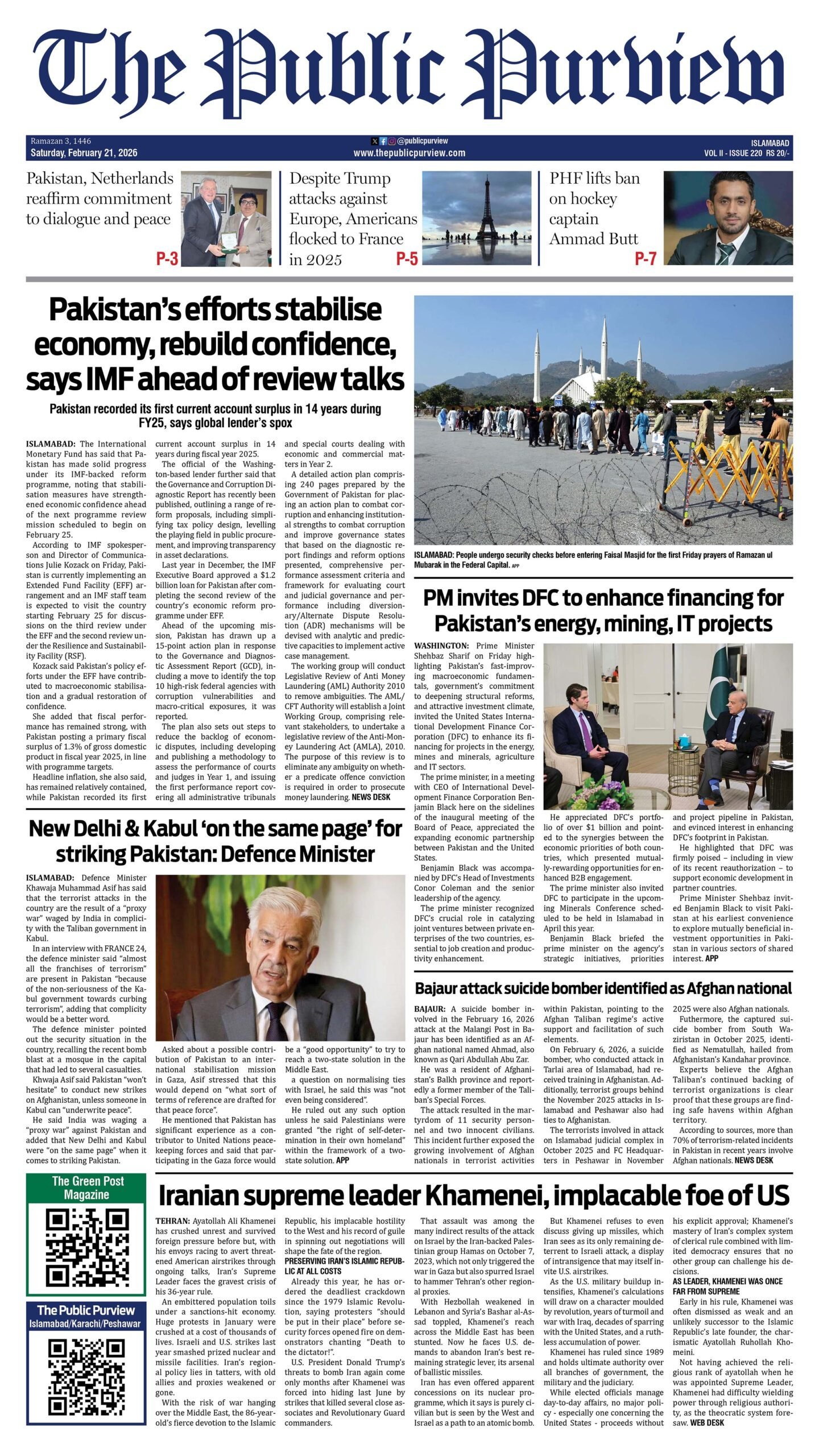By Zartaj Chaudhary
Just when Pakistan begins to claw its way back from years of chaos, two unfamiliar voices suddenly break the silence, from a polished studio thousands of miles away. Qasim and Sulaiman, sons of former Prime Minister Imran Khan and heirs to the elite Goldsmith lineage, appeared in a recent online interview claiming their father is being held in “inhumane conditions” and stripped of basic rights. Around the same time, PTI leaders announced that the brothers would soon travel to Pakistan to join the PTI-led protest demanding Imran Khan’s release, a move that, for many, signals not grassroots urgency but a carefully timed narrative shift. But instead of inspiring public support, their sudden political awakening, after years of silence and detachment, has been met with deep skepticism. These are not sons of the struggle; they are strangers to it. Raised in privilege, untouched by the poverty and political trauma faced by millions of Pakistanis, their entry into the national conversation is seen by many as not only tone-deaf but deeply suspicious. For many, it reeks of calculated propaganda, an imported disruption designed to drag the nation back into the chaos authored by PTI’s reckless populism.
What makes this maneuver even more jarring is how blatantly it violates PTI’s ideological foundations. This is the same party that rose to prominence promising to dismantle dynastic politics and build a Riyasat-e-Madina, an Islamic welfare state rooted in humility, merit, and public accountability. And yet today, it leans shamelessly on the foreign-born sons of a British-Jewish heiress to resurrect its political narrative. The contradiction is staggering. How does importing luxury-cloaked, Western-acculturated heirs into Pakistan’s fragile street politics serve the spiritual blueprint Khan once preached? It doesn’t, it mocks it. Qasim and Sulaiman are not just political outsiders; they are cultural contradictions to the very identity PTI once sold to the masses. This isn’t just ideological drift, it’s abandonment. When a party that spoke of Islamic revival now turns to gold-plated aristocrats with no lived stake in Pakistan’s pain, the illusion of moral leadership shatters. And behind the soft-focus interviews and choreographed outrage, one truth becomes clear: PTI is no longer a movement guided by belief; it’s a brand scrambling for relevance, willing to borrow bloodlines and burn principles to stay in the headlines.
At a time when Pakistan is finally stepping into strategic equilibrium, navigating CPEC with China, clinching a rare energy deal with the US, and earning diplomatic wins post-Marka-e-Haq, a suspiciously familiar script unfolds. The sudden political awakening of Qasim and Sulaiman Khan, cloaked in filial concern, echoes classic foreign propaganda tactics: soft-entry figures used to fracture fragile stability. Analysts trace online spikes in emotive content, deepfakes, and narrative manipulation to Indian and Israeli-linked networks, now recasting the brothers as heirs of a silenced revolution. PTI, ever ready for street spectacle, becomes a ready-made vessel for imported disruption. What appears as solidarity is a strategic trigger, one designed to reroute national focus, reignite chaos, and blunt Pakistan’s rising global stature.
Yet the foreign-scripted drama met a plot twist its architects didn’t anticipate: Pakistanis didn’t flinch. The sons’ return, framed as an emotional homecoming, was met not with applause but cold dismissal. The people didn’t welcome them; they questioned them. How can two British nationals, who’ve never stood in a gas line, faced a power outage, or worried about rent, claim to speak for the common Pakistani? Their sudden political presence feels not just out of place, but out of touch. These sons of privilege, unfamiliar with the lived struggle of a nation navigating inflation, electricity cuts, and food insecurity, were flatly rejected by the very public they were meant to inspire. Their elite grooming and whispered lineage didn’t inspire trust; it triggered resentment. Pakistanis saw through the act: this wasn’t solidarity; it was a staged insertion. In a country where politics is born from pain and resilience, imported messiahs hold no weight. The message is clear: loyalty lies with the state, not with exiled heirs of a crumbling political brand.
What’s unfolding isn’t an accidental disruption; it’s a calibrated assault on state cohesion, disguised as a political struggle. Pakistan stands at a pivotal crossroads: forging rare diplomatic traction, mending internal fractures, and redefining its global posture. Yet amid this ascent, foreign actors have found in PTI not just a willing participant, but a perfectly engineered instrument. No longer bound by political ideals or democratic goals, PTI now operates as a high-yield destabilization prototype, tested, proven, and deployable. What began as populism has mutated into programmable chaos: one that feeds off youth disillusionment, thrives on digital distortion, and offers foreign proxies a ready-made system to stall state function. This is no longer about opposition; it’s about obstruction. And the national response must match the sophistication of the threat. Because in this new age of hybrid war, the frontlines aren’t borders, they’re timelines, newsfeeds, and belief systems. And Pakistan, for once, must choose coherence over charisma, institutions over icons, and nation over narrative. The era of imported unrest must end here.
The writer is a freelance columnist and can be reached at zartajchaudhary@gmail.com







 Today's E-Paper
Today's E-Paper